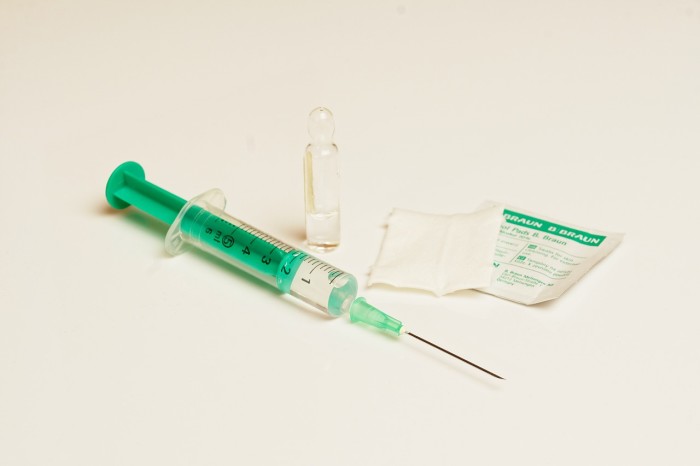Opiates are dangerous, habit-forming drugs that are used clinically to relieve pain and recreationally to get high. Derived from the poppy plant, they are sometimes called narcotics or opioids, and they include drugs such as heroin, morphine, and codeine; synthetic opiates include commonly abused drugs such as OxyContin and Vicodin. Other opiates include hydrocodone, oxycodone, Dilaudid, and fentanyl. Unfortunately, many addicts began using because they were prescribed an opiate for a legitimate reason. As they become accustomed to the effects of the drug, they gain a tolerance for it that requires taking more and more to get the same high. The risk of abuse is high. Because recovering from opiate addiction is physically and psychologically challenging, those who get help from a qualified opiate treatment center often gain the most successful recovery outcomes. The compassionate staff of therapists at The Ranch PA’s opiate rehab center is well qualified to help you or your loved one recover from opiate addiction. We carefully supervise a medical detox, develop an individualized treatment plan designed for your specific needs, and help you reengage with the people and activities you once loved outside of rehab. Our opiate treatment center is small and community-oriented, and features many progressive therapies, including Cognitive Behavioral Therapy and a state of the art Music Therapy program. Don’t spend another day suffering through the effects of addiction — learn more about our rehab for opiate abuse and begin your lifelong path to recovery at The Ranch PA. The Short and Long Term Effects of Opiates There are dozens of street names for opiates, including smack, dope, junk, vikes, H, and ox. Depending on how the user takes the opiate, the time it takes to get and stay high varies. Users can ingest, inject intravenously or intramuscularly, or smoke opiates to get high. In addition to the euphoric sensation felt by users, nausea, respiratory depression, pinpoint pupils, and alternating periods of drowsiness and wakefulness often result; short-term effects also include spontaneous abortion, dry mouth, heavy-feeling extremities, and flushed skin. Those who inject the drug also risk contracting hepatitis and HIV/AIDS. Because the body develops a tolerance to the euphoric effect of opiates before it develops a tolerance to their life-threatening results, the risk of death from overdose is high. Symptoms of overdose include heart attack, respiratory distress, or slow and shallow breathing, coma, convulsions, cold and clammy skin, and in some cases death. Since withdrawing from opiate use can be physically difficult, getting help from an opiates rehab can help users manage a safe, medically supervised detox and recovery. As the user becomes more and more dependent on the opiate, long-term damage to the body is likely. Desperate morphine addicts may die from grinding up pills for injection because of a blocked blood vessel; all opiate users may suffer from vascular inflammation. The addiction eventually forces the body to rely on the presence of the drug in order to function normally. When a user quits abruptly and then goes back to using, overdoses often result when the user takes the same amount as before. Eventually, as getting more of the opiate becomes the only thing that matters, evidence of self-neglect appears. Severe weight loss, poor personal hygiene, increased susceptibility to disease, collapsed veins, infection, and liver disease often result, as do pneumonia and respiratory problems. Financial and legal problems also increase in frequency and severity. Opiates Rehab at The Ranch PA Medically supervised detox and follow-up rehab for opiates addiction is essential because of the physical effects experienced during the detox process. Because of the severity of opiate withdrawal, it is critical to contact a medical detox and opiate rehab center. We have helped many people figure out why they started using drugs to begin with and learn the tools they need to sustain a lifelong recovery; we also stay actively involved following inpatient rehabilitation with a comprehensive Aftercare Program designed specifically for the client’s needs. For more information, please call us now at 1-877-548-4794. Photo via

